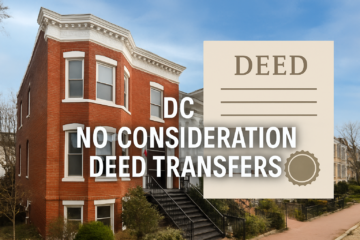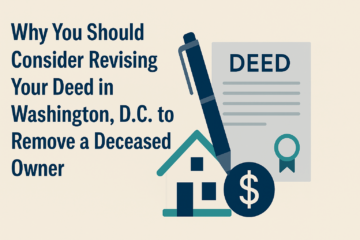In today’s digital age, the convenience of online notary services is hard to overlook, especially in real estate transactions. However, the question remains: how secure are these services? This FAQ blog aims to break down the security measures and potential risks associated with using online notary services in real estate.
What Is an Online Notary?
An online notary allows users to complete notarization processes via digital platforms. It involves a certified notary public facilitating the signing and verification of documents through video calls. This innovation is reshaping how people handle essential legal documents, offering the flexibility to execute notarial acts without needing to be physically present.
The process mirrors traditional notarization but utilizes digital tools to achieve the same legal verification. By using secure video conferencing software, clients and notaries can interact in real-time, ensuring that all parties involved remain comfortable and informed throughout the transaction. This digital transformation is particularly beneficial in real estate, where quick access and broad geographical reach are often necessary.
How Does Online Notary Ensure Security?
Online notaries employ encryption technologies, secure video conferencing, and multi-factor authentication to ensure the authenticity and confidentiality of the transaction process. These technological advancements minimize unauthorized access and ensure that both the notary and the client can verify the authenticity of the transaction in real-time.
In addition to these measures, the security protocols for online notarization are designed to comply with federal laws, such as the eSign Act. This compliance guarantees that electronic signatures hold the same legal standing as handwritten ones, establishing a solid legal foundation for secure real estate transactions.
Moreover, platforms like Stavvy incorporate advanced security features, including tamper-sealed transactional documents and digital audit trails. These innovations not only protect against fraud and manipulation but also provide clients with the peace of mind that their transactions are safeguarded at every level.
It’s crucial for users to understand how these security measures work, as they provide a robust system for safeguarding sensitive information throughout the notarization process. As digital technology continues to evolve, so too do the strategies for enhancing the security and reliability of online notary services.
Are There Legal Regulations for Online Notaries?
Yes, many regions have stringent legal frameworks and guidelines like the eSign Act which ensure that online notarization processes meet legal standards, enhancing their overall security. This acts as a testament to the burgeoning trust in digital notarization solutions on a wider legal scale.
Countries and states have started to implement their own specific regulations to address and oversee the conduct of online notaries, such as the recent approval of RON in New York. These regulations specify the standards for technology platforms and notary protocols, ensuring a consistent and reliable process across various jurisdictions.
For example, New York mandates that notaries register with the Secretary of State and comply with defined technology and identification protocols. This layered legal approach not only enhances the security of the process but also establishes clear guidelines to protect all parties involved in the transaction.
Understanding these regulations is essential for both notaries and clients to ensure that they operate within legal boundaries. This knowledge not only fosters confidence in the process but also highlights the growing acceptance and reliance on online notarization at a national and global level.
What Are the Risks Involved?
Despite security measures, risks like identity fraud, data breaches, and tech failures exist. It’s crucial for users to remain aware and updated on the best practices for safeguarding their transactions. Regularly monitoring the digital landscape for new threats can empower users to better protect their sensitive information.
While online notary services are generally secure, vulnerabilities can arise from insufficient security practices or outdated systems. Users should ensure that the platforms they use are up-to-date and compliant with the latest security standards to minimize the potential for security breaches.
Moreover, ensuring that notaries are verified and credentials are authentic helps prevent fraudulent activities. By choosing services that offer rigorous identity verification processes, users can significantly reduce the risk of fraud during online notarizations.
How to Choose a Secure Online Notary Service?
To select a secure service, check for valid certifications, read reviews, and ensure they comply with local legal standards to protect your real estate transaction. It’s always wise to choose providers with a solid reputation and a track record of maintaining high security and customer satisfaction.
Engaging with platforms that are recognized for their advanced security features provides an additional layer of confidence. Clients should evaluate whether the service’s security protocols align with their personal comfort level and legal requirements.
Finally, don’t hesitate to inquire about the service’s measures for data protection and how they handle authentication processes. Understanding how your information will be handled can greatly reduce anxieties about digital notarization.
Final Thoughts on Online Notary Security
Online notary services offer a blend of convenience and enhanced security, making them an attractive choice for real estate transactions. However, it’s essential for users to stay informed and choose wisely to ensure their transactions are as secure as possible.




0 Comments